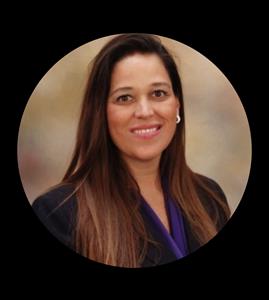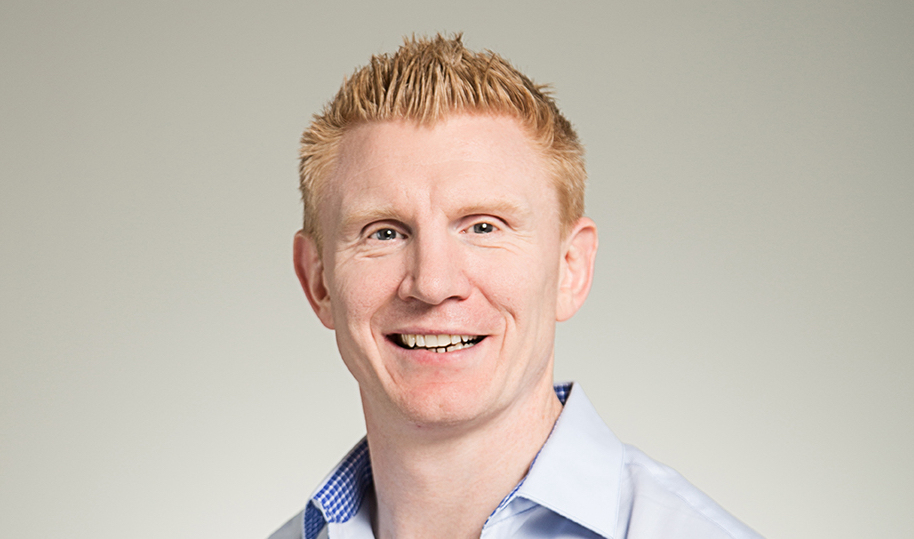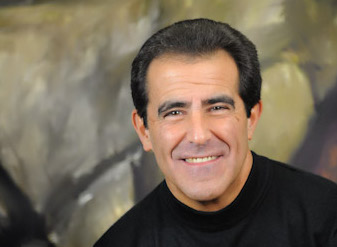Plus: An innovative agency/academic partnership in New York to strengthen the treatment workforce, and more industry news
By Mark Mravic
New & Next: Policy
In Massachusetts, $15 Million in Student Loan Relief
As money from the opioid settlements begins to flow in, states are finding innovative ways to direct the new resources to strengthen their treatment and recovery infrastructure. For instance, Massachusetts, recognizing the ongoing challenge in attracting and retaining professionals in addiction treatment, will allocate $15 million from its settlement fund to pay off student loans for substance use counselors and others who work in addiction treatment and recovery.
“These people are heroes, who are working on the front lines of the fight against opioid addiction. We need to do whatever we can to support them.”
—John Rosenthal, Massachusetts Opioid Recovery and Remediation Fund Advisory Council
The plan is modeled on a $110 million loan forgiveness initiative for mental health workers announced by Gov. Charlie Baker in December 2021 as part of the state’s $4 billion pandemic relief bill. That bill, however, did not include those working in addiction treatment, traditionally one of the lowest-paid healthcare sectors.
“These people are heroes, who are working on the front lines of our fight against opioid addiction, and dedicating themselves to this life-saving work,” said John Rosenthal, a member of the state’s Opioid Recovery and Remediation Fund (ORRF) Advisory Council, which develops recommendations for how to spend the state’s opioid settlement money. “We need to do whatever we can to support them.”
Massachusetts is set to receive some $526 million in opioid settlements over the next 18 years, of which 60% million will be overseen by the Recovery and Remediation Fund, with the remainder going to cities and towns. The student loan relief program will represent the largest allocation to date from the fund, which has so far collected some $35 million.
New & Next: Education
Stony Brook’s Career Enhancement Program for Addiction Care Workers
Here’s another innovative initiative to strengthen the treatment and recovery workforce: Stony Brook University’s School of Social Welfare is introducing a new program for staffers at Samaritan Daytop Village (SDV)—a nonprofit health and human services agency with more than 60 locations in the New York City area—to enhance their academic credentials while addressing the labor shortage in the field. The program, called Social Work Opportunities for Leadership in Addiction and Recovery (SOLAR), will provide SDV staffers interested in addiction treatment with the opportunity to pursue a masters of social work degree and participate in mentorship opportunities in clinical and academic settings through a new joint Stony Brook/SDV leadership academy.
Said James Hollywood, vice president of residential treatment at SDV, “The development of a workforce that is qualified and credentialed to address substance use disorder as well as co-occurring medical and mental disorders will have significant implications for our ability to address the ongoing opioid crisis and to reach the full potential of healthcare integration.”
Added Melissa J. Earle, project director for the SOLAR program, “We hope that it serves as a model that can be expanded statewide to additional recovery programs as well as similarly dedicated workforces.”
The SOLAR program is supported by a $500,000 grant from the New York Community Trust.
New & Next: Treatment
Screening Young People for Anxiety and Depression
The U.S. Preventive Services Task Force (USPSTF), an independent, volunteer panel of national experts in disease prevention and evidence-based medicine, has recommended that children 8 and older be screened for anxiety and those aged 12 and above be screened for depression in primary care settings. USPSTF conducted a systematic review of research and other evidence to determine the benefits and potential risks (including false positives, labeling and stigma) of such screening. The task force notes that anxiety and depression in childhood or adolescence increase the likelihood of future disorders, including chronic mental health conditions and substance use disorder. However, its report notes, “a survey of primary care physicians found that 76% reported believing in the importance of talking to adolescent patients about their mental health; however, only 46% said that they always asked their patients about their mental health.”
The panel found insufficient evidence on the benefits of screening children younger than 8 for anxiety and under 12 for depression.
New & Next: People
AAC Adds COO

American Addiction Centers (AAC) has named Ellen-Jo “EJ” Boschert as chief operating officer, effective Oct. 17. In the role, Boschert will provide leadership and strategic direction for AAC while guiding the company’s development and building on its commitment to patient care.
Boschert brings with her more than 30 years of experience supporting multistate, multisite healthcare organizations, including private equity-backed healthcare, addiction medicine, elective surgery, optometry and ophthalmology. She most recently served as COO of Chicago-based Midwest Vision Partners, where she supported more than 135 providers, 1,300 staff members and more than 70 clinics across five states.
“We are excited about the tremendous impact EJ will have on our development and continued growth as a leading provider of addiction treatment services,” said AAC chief executive officer Tom Britton, DrPH. “Her impressive healthcare background and passion for patient care is unmatched. EJ’s expertise will be an invaluable addition to the leadership team and for the future of our company.”
Top photo: Todd Kent














